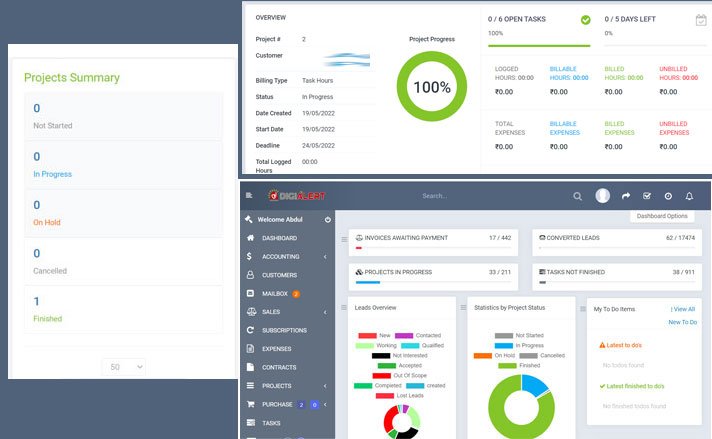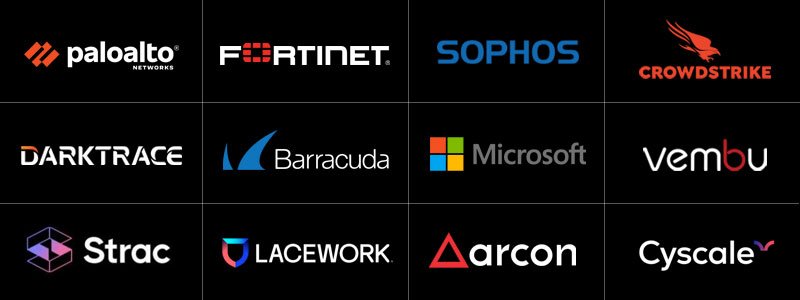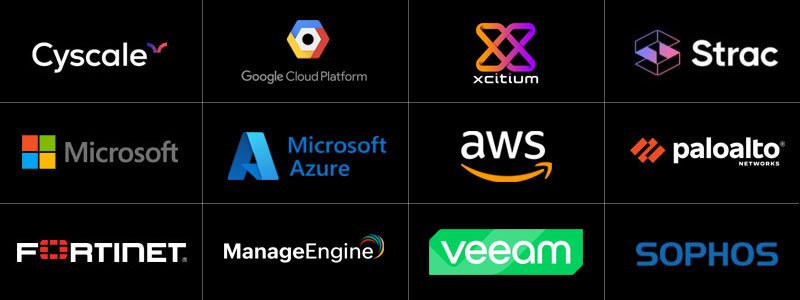Phishing Campaign
Phishing Campaign
WHAT IS
Phishing Campaign
Speak to an expert
key features
Phishing Campaign
Types of
Phishing Campaign
2. Whaling: digiALERT would target senior executives with emails that appear to be from a legitimate source, such as a company they do business with. The emails would contain malicious links or attachments that, when clicked, would infect their systems with malware.
3. Vishing: digiALERT would attempt to trick our clients into providing sensitive information over the phone by posing as a trusted source, such as their bank or a company they do business with.
4. Smishing: digiALERT would send text messages to our clients, appearing to be from a legitimate source, that contain malicious links or attachments that, when clicked, would infect their systems with malware.
5. Clone Phishing: digiALERT would replicate a legitimate email that had been sent to our clients by a trusted source and replace the attachments or links with malicious ones. When clicked, the malicious links or attachments would infect their systems with malware.
Statistics on
Phishing Campaign
Speak to an expert
How do we do
Phishing Campaign
Our campaign begins by creating a list of potential targets. We use publicly available information such as social media profiles, job postings, and contact lists to identify potential victims. Once we have identified our targets, we craft tailored messages designed to appear as though they are coming from someone they know. Next, we deploy our messages via email and social media. Our messages contain malicious attachments or links to malicious websites. Once our victims click on the links or open the attachments, they are directed to a malicious website or an infected file. We also use phishing-as-a-service tools to automate the process of creating and deploying our campaigns. These tools allow us to quickly and easily create and deploy a variety of different types of phishing campaigns.
WHY PHISHING CAMPAIGN
WHO NEEDS PHISHING CAMPAIGN
How often is Phishing Campaign recommended
When it would be performed
It is recommended to conduct phishing campaigns on a regular basis, such as quarterly or bi-annually. This helps to ensure that employees remain vigilant and aware of potential phishing attacks, and can help to identify and address any vulnerabilities in the organization's defenses. Additionally, phishing campaigns can be tailored to focus on specific areas of concern or to simulate attacks that are specific to the organization's industry or geographic region. Overall, the frequency of phishing campaigns should be based on the organization's risk profile and its willingness to invest in proactive security measures.
Speak to an expert
How are we
unique
- We use advanced techniques and tools to ensure the most realistic and effective phishing campaigns.
- Our team has extensive experience and expertise in simulating different types of phishing attacks.
- We offer custom-tailored phishing campaigns to meet the specific needs and goals of our clients.
- We provide detailed reports and analysis of the results of the phishing campaign, including information on which employees were most susceptible to the attacks.
- We offer training and education to help our clients improve their defenses against phishing attacks.
- We have a proven track record of successful phishing campaigns for a wide range of clients.
- We offer flexible pricing options to accommodate the budget and needs of different organizations.
- We have a responsive and customer-focused approach, with dedicated account managers to assist with any questions or concerns.
- We prioritize the confidentiality and security of our clients' data.
- We have strong partnerships and collaborations with leading industry experts and organizations.













 ISO/IEC 27001:2022
ISO/IEC 27001:2022 ISO/IEC 27001:2022
ISO/IEC 27001:2022 ISO/IEC 20543:2019
ISO/IEC 20543:2019 ISO/IEC/IEEE 29119-5:2024
ISO/IEC/IEEE 29119-5:2024 CSA Certificate
CSA Certificate Incorporation
Incorporation Makeinindia
Makeinindia Authorized partner
Authorized partner MSME Chennai
MSME Chennai digiALERT Tan
digiALERT Tan GST Chennai
GST Chennai Pancard
Pancard Amended GST
Amended GST